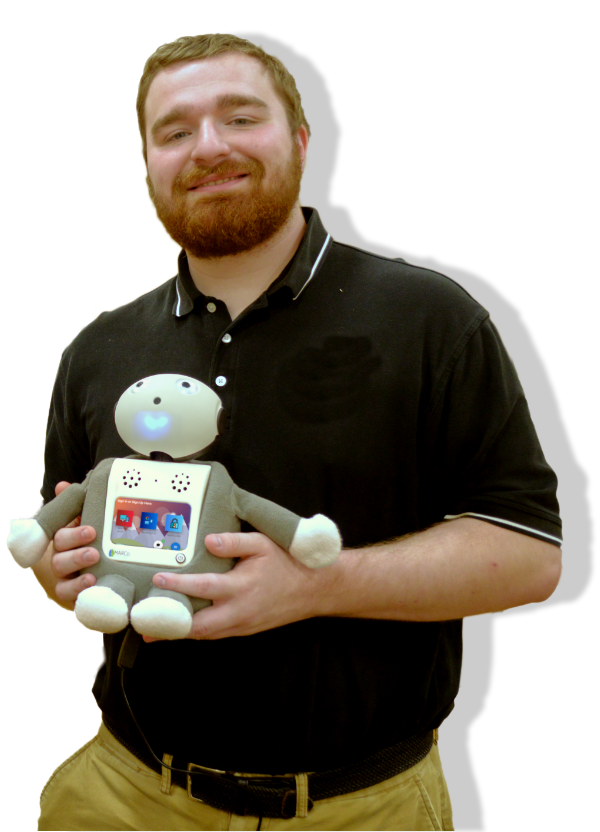Anxiety is a normal and necessary emotion that aids in identifying and responding to potential threats. However, in some children, excessive anxiety can disrupt their daily lives.
How common is anxiety in children?
Anxiety disorders are the most common mental health problems among children and adolescents, affecting an estimated 15%-20% of children and adolescents in the United States. Anxiety can manifest in various ways, including:
- Generalized anxiety disorder (GAD): is characterized by excessive and persistent worry about a variety of topics.
- Separation anxiety disorder (SAD): is characterized by excessive fear or anxiety about being separated from loved ones.
- Social anxiety disorder (SAD): characterized by intense fear or anxiety of social situations.
- Specific phobias: characterized by intense fear or anxiety of a specific object or situation.
- Panic disorder: characterized by sudden and intense episodes of fear that can lead to physical symptoms such as a racing heart, shortness of breath, and dizziness.
What are the signs and symptoms of anxiety in children?
Children with anxiety may exhibit a variety of signs and symptoms, including:
- Excessive worry or fear
- Irritability
- Difficulty concentrating
- Sleep problems
- Physical symptoms such as headaches, stomachaches, or fatigue
- Avoidance of certain situations or activities
- Changes in behavior, such as clinginess or withdrawal
What are the causes of anxiety in children?
The causes of anxiety in children are multifaceted and often stem from a combination of genetic, environmental, and biological factors. Certain children may have a higher predisposition to anxiety due to their temperament or family history, while others may develop anxiety due to stressful life events like bullying, trauma, or loss.
How can parents help children with anxiety?
There are several ways parents can support children dealing with anxiety, such as:
- Talk to your child about their anxiety. Help them to understand that anxiety is a normal emotion and that they are not alone.
- Be supportive and understanding. Let your child know that you are there for them and that you will help them cope with their anxiety.
- Establish regular routines and schedules. This can help children feel more secure and in control.
- Help your child develop healthy coping skills. This may include relaxation techniques, such as deep breathing or mindfulness exercises.
- Encourage your child to participate in activities that they enjoy. This can help to boost their self-esteem and reduce stress.
- Limit your child’s exposure to caffeine and sugar. These substances can worsen anxiety symptoms.
- Seek professional help if your child’s anxiety is severe or interfering with their daily life.
Anxiety in children is growing
- Childhood anxiety disorders are very common, affecting one in eight children. The National Institute of Mental Health estimates a prevalence between the ages of 13 and 18 years of 25.1 percent and a lifetime prevalence of 5.9 percent for severe anxiety disorder.
- Girls are more likely than boys to be diagnosed with an anxiety disorder.
- Anxiety disorders are often co-occurring with other mental health problems, such as depression.
- Untreated anxiety can lead to academic problems, social isolation, and substance abuse.
“Anxiety is a normal part of childhood, but it can become a problem if it is interfering with a child’s ability to function in everyday life. If you are concerned about your child’s anxiety, it is important to talk to a doctor or mental health professional.”
– Dr. David Anderson, child and adolescent psychiatrist
Anxiety is a prevalent and treatable issue in children. If you’re worried about your child’s anxiety, it’s crucial to speak with a doctor or mental health professional. Early intervention and proper support can empower most children with anxiety to effectively manage their symptoms and lead fulfilling lives
You may also be interested in Depression In Teens: The Signs, Causes, And How To Help
Meet MARCo – Your Ultimate Mental Health Ally
You don’t ever have to face your mental health struggles alone. Unlike basic mental health apps that focus on only one area of your mental health, MARCo is a Mental Health Assisting Robot Companion that takes care of all aspects of your mental well-being. Whether you’re battling anxiety, seeking solace in an existential crisis, or just need a mood boost, MARCo is your 24/7 companion.
Don’t face mental health challenges alone — bring MARCo into your life today!




